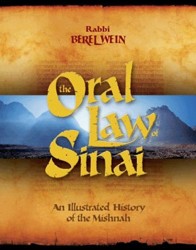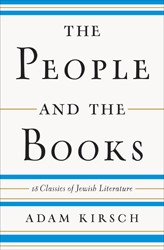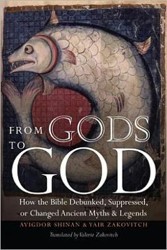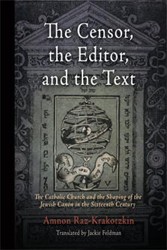The question of just how factual the Bible is — was there really an Exodus from Egypt; was there a King David? — is one that can hardly be discussed with equanimity. Everyone has a stake in the answer, both religious and secular, Jewish, Christian, or Muslim. Even academic scholars have their vested interests. In his third book, Freund — a rabbi and a professor of Jewish history — delves into this vexed field. In fairly simple terms, he explains the different sides of each question and presents the available evidence. He describes the methodologies of biblical literary criticism and of biblical archaeology. Biblical archaeologists are divided into Minimalists and Maximalists, according to the degree to which they believe that Bible stories are “true.” His own position is intermediate — he is suspicious of taking biblical information at face value, and of using archaeological evidence to confirm it, but he does believe that the Bible is somewhat factual, and that physical artifacts can help to understand the Bible.
Under the heading of “Bible,” Freund discusses the Tanakh as well as the New Testament and the Dead Sea Scrolls. Each chapter is set around a topic that Freund has personally researched and excavated. Unfortunately, in a book plagued by repetitions, precious little is said about the author’s personal experiences and discoveries, which could have made the narrative much more engaging. It is a good introduction to the problems of “believing” the Bible in a post-modern, scientificized world. Bibliography, index.





